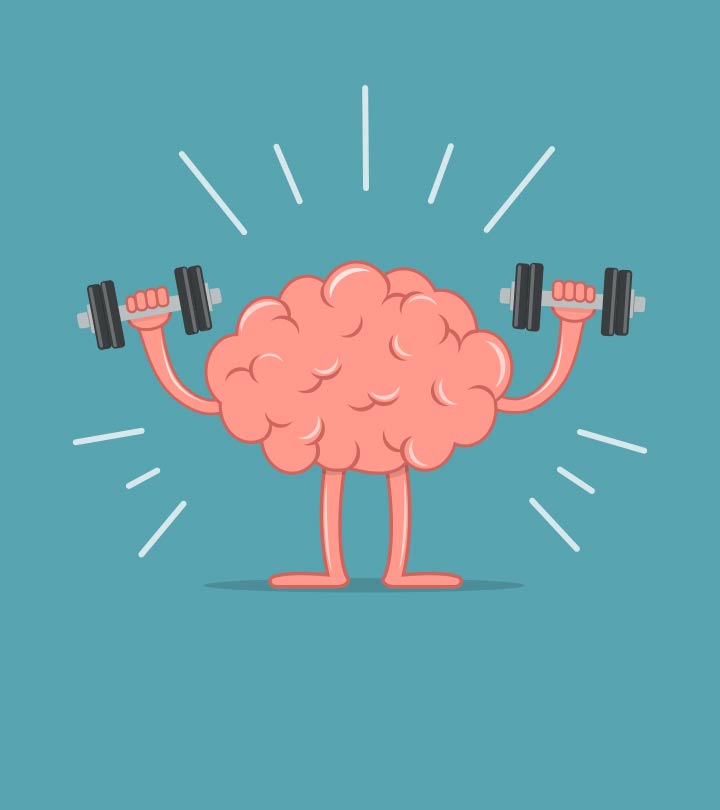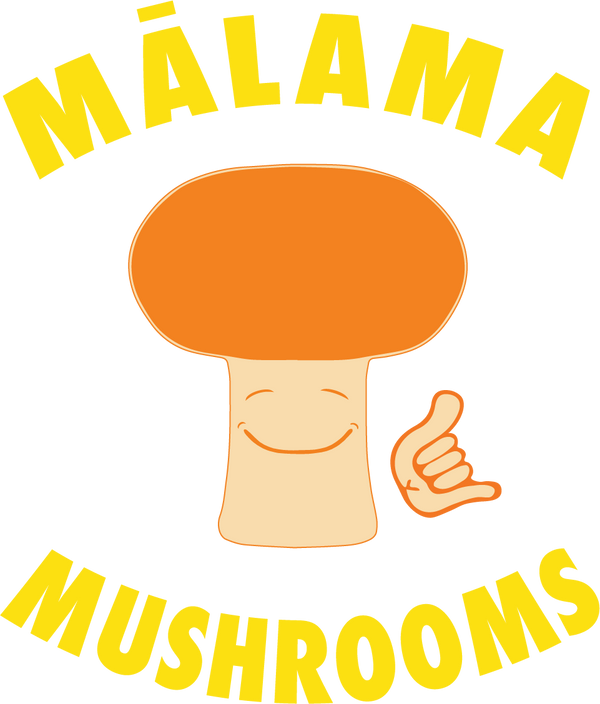
Neurogenesis: How to Build your Brain
Share
You may often hear us tout the benefits of Lion's Mane mushroom and the research about it promoting the natural phenomenon of neurogenesis, the building of brain and nerve cells. But what exactly is the science on neurogenesis and what all do we know about it?
We explore all this and more in today's post with a primary focus on the research and findings of Dr. Sandrine Thuret, who is the leader of the Adult Neurogenesis & Mental Health Laboratory at King's College in London.
As diseases like Alzheimer's, Parkinson's and Dementia become more prevalent scientists and researchers are doing everything they can to figure out what we can do to prevent them. What researchers are finding is that all of these diseases are linked to a decline in the rate of our brain's production of new neurons. This phenomenon of creating new neurons in our brain is called Neurogenesis.

Neurogenesis is a hot topic in the world today. Up until recently, it was a common assumption that once the adult brain stopped developing, so did the production of new neurons in the brain as well.
However, according to Dr. Sandrine Thuret, this isn't true. Dr. Thuret claims that the hippocampus — the part of the brain that is responsible for learning, memory, mood, and emotions —produces 700 new neurons a day.

Through her research, Dr. Thuret says that there is undoubtedly a link between decreased levels of neurogenesis with common ailments such as depression, anxiety, PTSD and more severe diseases like Dementia and Alzheimer's.
So if the decrease in the rate of neurogenesis in our brains can be linked to things like depression and dementia, the question becomes: are we all doomed to a fate of cognitive decline? Or is it possible to reverse or at least slow down this process by increasing the rate of neurogenesis in our brains?

Good news; According to Doctor Thuret, it is possible.
Doctor Thuret reports that the following are all big factors in increasing or decreasing the rate of neurogenesis
-Aging
-Stress
-Sleep Deprivation
+Exercise
+Intermittent Fasting/Calorie Restriction
+Diet

Artist: Julia Yellow
Sleep
In one study, mice who were sleep deprived showed a decrease of 50% of neurogenesis. That's huge. We're all told getting sleep is important but when you see a stat like that it really puts things into perspective.
Exercise
Studies on mice show a 30% increase in Neurogenesis with those with a running wheel in their cage opposed to the ones that did not. Interestingly enough however, she says that the mice that were forced to run opposed to the ones that did it on their own displayed no signs of neurogenesis.
(So yes, there is scientific proof to validate your grudge against your parents for signing you up for the cross country team against your will in 8th grade!)

Intermittent Fasting/Calorie Restriction
Intermittent fasting is the process of containing all of one's eating in a certain window of time. The most common way to do this is the 16:8 ratio... doing all of your eating in an 8 hour period of the day (ex: 12-8PM). Studies done on both mice and humans showed an increase of neurogenesis when intermittent fasting. Studies on humans showed calorie restriction having a link with neurogenesis as well.
Diet
Dr. Thuret says that along with intermittent fasting, one's diet plays a big role in the rate of neurogenesis. Those with a Mediterranean Diet (Foods rich Omega-3's, fish, vegetables, fruits, nuts) opposed to those with a typical Western Diet (High Sugar + High Carbohydrate) display more signs of neurogenesis. More specific diet ideas include:
As we mentioned, there have been several studies that have linked Lion's Mane to Neurogenesis. Because of its ability to increase cognitive function and support nerve growth, Lion’s Mane is number one on our list when it comes to supporting the brain.
Along with blueberries, Cacao is rich in Flavonoids and Polyphenols. Have them both in our Superfood Mushroom Chocolate or, if you're culinarily motivated maybe whip up a Blue Mushy Majik Smoothie with our Lion’s Mane Cacao Mix!
Dr. Thuret's research indicates that sleep and stress are huge factors in adult neurogenesis. Chaga and Reishi are two huge defenders against stress due to their abundant supplies of polysaccharides. Both have been linked to getting better sleep as well. If stress reduction and getting better sleep really will help with neurogenesis, it’s reasonable to believe that these two powerhouse mushrooms can help with that process.
Sources
- Dr. Thuret’s Page + Research: https://www.kcl.ac.uk/people/sandrine-thuret
- Ted Talk: https://www.ted.com/talks/sandrine_thuret_you_can_grow_new_brain_cells_here_s_how/transcript?language=en
- Interview with Dr. Thuret: https://www.youtube.com/watch?v=9pCEux_M41Q&ab_channel=DrRanganChatterjee
- Lion’s Mane and Neurogenesis Ratto D, et al. Hericium erinaceus improves recognition memory and induces hippocampal and cerebellar neurogenesis in frail mice during aging. Nutrients. 2019;11:715. doi: 10.3390/nu11040715.


1 comment
I am 63, have lyme or pretty much over it, I used Reishi, what do you recommend me using for lyme age, mostly sleep is my issue now, can I buy 3 and rotate them in, will it give me the best results, thanks so much, Lynn